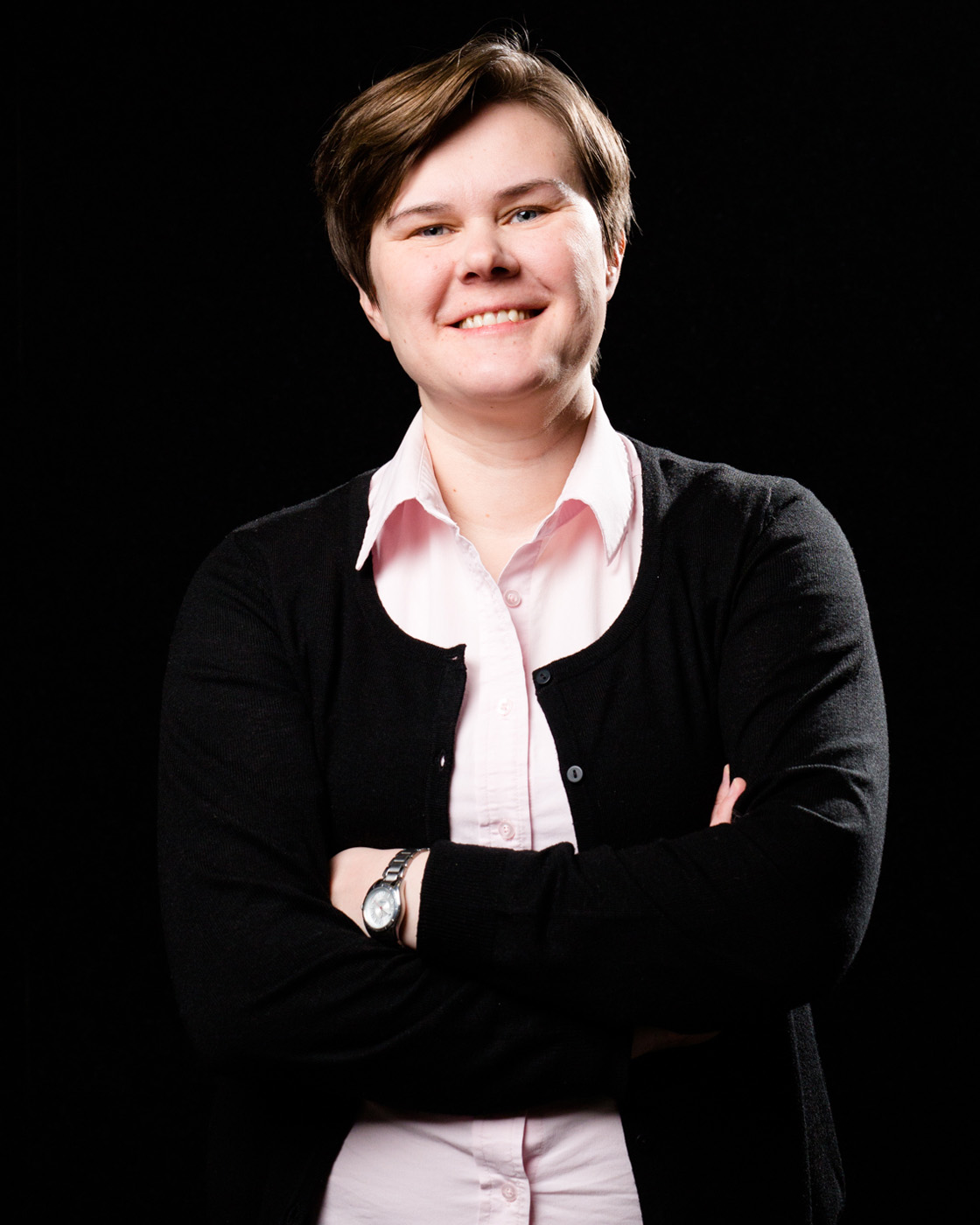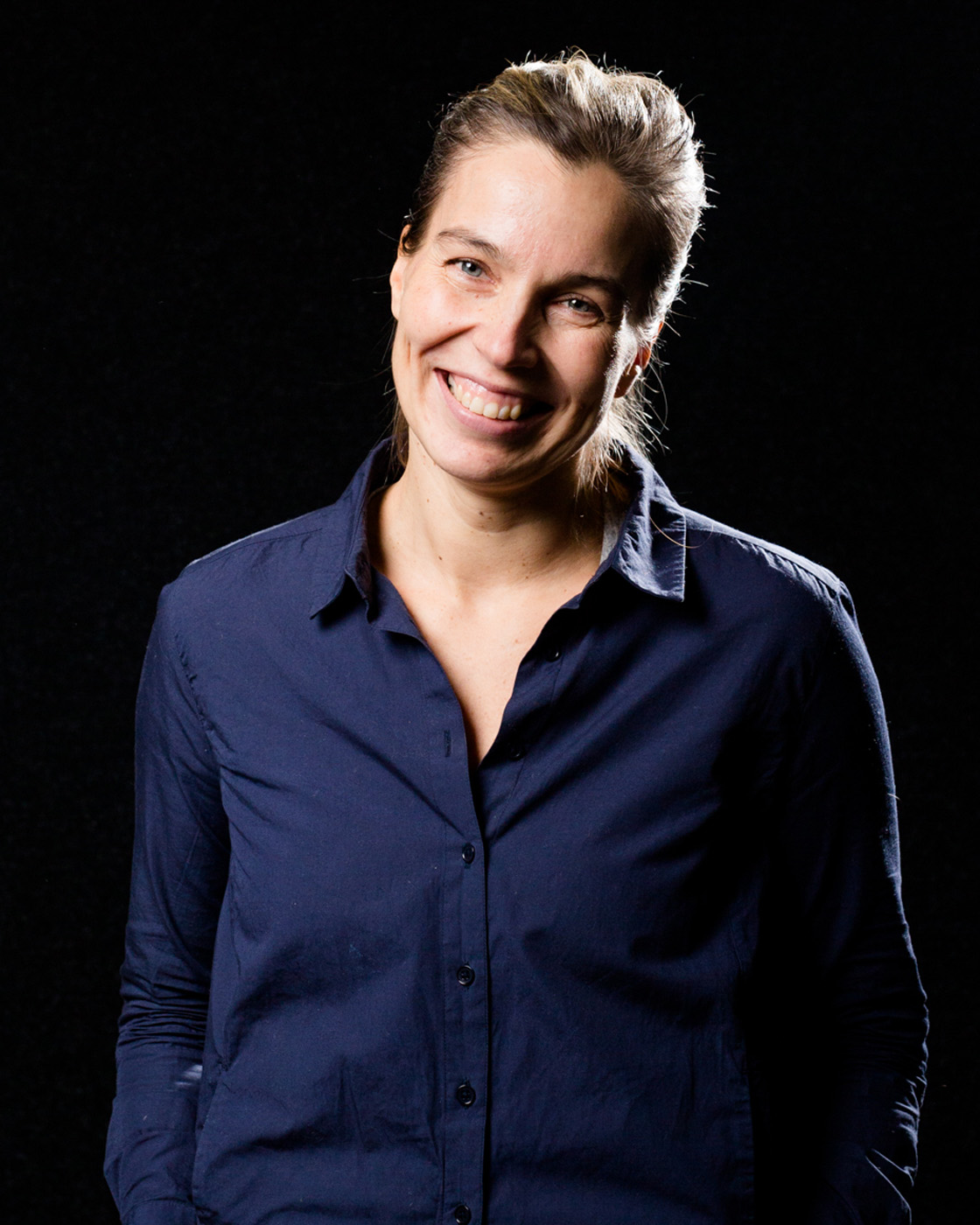The best circular consumer practices in the electronic goods sector
Closed project 3/2020 – 12/2021
As part of the project, a European panel on the sustainable consumption of electronic goods was set up with the aim of working together with companies, organisations, researchers, consumers and decision-makers in the EU to increase the understanding of consumer behaviour and to seek solutions for how a circular economy can be promoted in the electronic goods sector.
What was it about?
Electronic devices have become an inseparable part of our life. Devices make our life easier, but they also present challenges. Electronic waste is the fastest growing type of waste. In 2019, European consumers produced on average 16.2 kilos of electronic waste each per year. Only about 40 per cent of this waste was recycled appropriately in the end.
The transition to a circular economy requires a fundamental change in how we produce, sell and use materials and products. The key questions are how to create sustainable products and how to develop circular solutions that will integrate into people’s daily lives.
European Union decision-makers have recognised the connection between consumer behaviour and the circular economy, and the new EU action plan for a circular economy emphasises the role citizens can play to increase the level of recycling of electronic waste. However, there is still very little research on the significance of consumer behaviour in the transition to a circular economy and, as yet, no specific measures have been introduced.
What was achieved?
The European panel on the sustainable consumption of electronic goods (the Consumer Insight Action Panel, CIAP) set up by the project focused on supporting the recycling and repair of phones and tablets, in particular. The EU’s first Right to Repair law on the right to have electronic appliances repaired entered into force in March 2021. In the next phase, the law will also cover smartphones, tablets, laptops and other consumer electronics.
The panel focused on examining ways to make consumers commit more effectively to the transition to a circular economy and implemented three circular economy experiments with electronic goods. In its work, the panel wanted to promote the recycling, repair and durability of phones and tablets, in particular. The project itself also included an overview of the social effects of a circular economy. The aim of the panel was to collect information on consumer behaviour and provide information to decision-makers so that the transition to a circular economy can be made fast and fairly.
Two reports have been published on the project.
- Consumer Insight Action Panel – the Electronics Club Final Report provides a general overview of the activities carried out in the project, presents the methods used in the project’s circular economy experiments and their results, and shares the lessons learned and the observations made in the project. These will continue to support work on the circular economy in the future.
- In the report entitled “Discussing the Social Impacts of Circularity”, an overview is provided of the social dimension of the circular economy and its societal impacts, which have generally been examined less than the economic and ecological dimensions of the circular economy. The report is based on the literature overview drawn up in the project and on interviews and discussions with experts. Views from the most important themes that emerged on the social dimension of transitioning to a circular economy have been compiled and possible deficiencies and areas requiring future attention have been highlighted.
Who participated?
The party responsible for the operation of the Electronics Club was a German think tank, the Collaborating Centre on Sustainable Consumption and Production (CSCP). In addition to Sitra, the operation of the panel was funded by the German Federal Environmental Foundation, DBU. The panel worked in close co-operation with the EU’s Circular Economy Stakeholder Platform. The panel members represented a wide range of European stakeholders from the field. Finland was represented on the panel by the Consumers’ Union of Finland. In autumn 2020, an open call was held to find Finnish representatives to join the panel.
In addition to the Electronics Club, sustainable development panels have also been set up for textiles and packaging.

